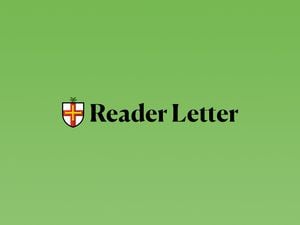My definition of religion
IN ACCORD with the much-vaunted aphorism relating to free speech, I would like to offer my definition of religion with the following few sentences. Prehistoric tribal communities were, by definition, benighted. Similarly, but less so, will contemporary civilisation be defined by future generations. As to be expected, man’s early ignorance was bound to result in the misinterpretation of much natural phenomena, more especially the less favourable threatening kind, such as earthquakes, tornadoes, floods, droughts, famines, pestilence and so on. Consequently it was widely believed that the forces of nature must be controlled and manipulated by unseen supernatural agencies, invisible spirits, often hostile and exercising their power from somewhere up in the sky, where they lived, such as gods. Gods who were omnipotent (and therefore magical), but also capricious, and therefore capable of being assuaged. Hence religion, the purpose of which was to placate and worship those powerful but invisible spirits so as to assure them of our respect, obedience and good intentions. However, as always, things change and about 45,000 years later the invisible spirits idea (polytheism) was largely abandoned in favour of the solitary Supreme Being idea (monotheism), still supernatural and still invisible. But although the advent of science has displaced God in many spheres of enquiry, knowledge and understanding (transforming Him into the so-called God of Gaps), and continues to cast ever-more doubt on the idea that the universe and everything in it was created just a few thousand years ago by a Supreme Being, nonetheless, it is comforting to believe that it was.
ALAN EKER
St Sampson’s

